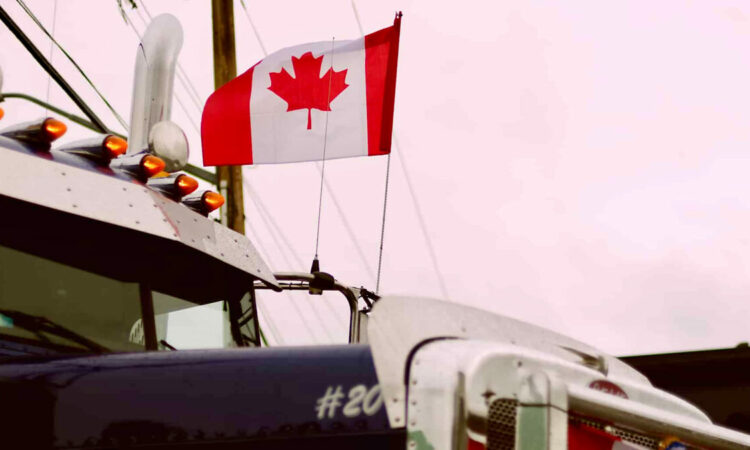OTTAWA, ON, Aug. 28, 2023 /CNW/ – Canada has one of the world’s most diverse, large and challenging areas of search and rescue responsibility. An effective search and rescue system depends greatly on the timely action from local communities that are working in partnership with the Canadian Coast Guard and responders. Through Canada’s Oceans Protection Plan, the Government of Canada is investing to ensure Canada’s waters are safe for all.
Today, the Minister of Fisheries, Oceans and the Canadian Coast Guard, the Honourable Diane Lebouthillier announced $24.29 million in funding, with $3.37 million ongoing, to expand Indigenous search and rescue training and exercising on all coasts, and a $34.1 million investment in the Canadian Coast Guard Auxiliary, with $4.85 million ongoing, through the Oceans Protection Plan over the next nine years.
This funding will increase community-based search and rescue capacity across the country and save critical time during incidents. It will support auxiliary units with training and exercising, and purchasing new equipment. This funding will also help with search and rescue training for members of Indigenous coastal communities who play a key role in marine safety, have expertise in navigating local waters, and share ties to Canada’s oceans and waterways that span generations. Ensuring we have local networks of trained search and rescue teams on all coastlines will help Canadians, particularly those in remote areas, when fast on-the-water help is needed.
The Oceans Protection Plan is a Canadian success story. When Indigenous Peoples, industry, communities, scientists, and government work together to protect our environment, grow our economy, and support good jobs across the country, we deliver real results. A renewed and expanded Oceans Protection Plan will keep our oceans and coasts healthy, advance reconciliation, and build a clean future for our children and grandchildren.
Quotes
“Today’s funding demonstrates our commitment to strong partnerships with communities across our coasts. Together, we can ensure a safe and reliable search and rescue services on the water for all.”
The Honourable Diane Lebouthillier, Minister of Fisheries, Oceans and the Canadian Coast Guard
“Through the Oceans Protection Plan, we are developing strong partnerships to improve marine safety and protect the environment. Thanks to the investments in these partnerships, we are creating new opportunities for Indigenous Peoples and coastal communities to train and participate in marine safety, search and rescue missions, environmental monitoring, and emergency spill response.”
The Honourable Pablo Rodriguez, Minister of Transport
Quick facts
- The funding announced today is part of the Government of Canada’s Budget 2022 commitment to provide $2 billion over nine years to renew Canada’s Oceans Protection Plan and expand its work into new areas.
- Since 2016, the Government of Canada has dedicated $3.5 billion to the Oceans Protection Plan, making it the largest investment Canada has ever made to protect its coasts and waterways.
- Since its launch, the Oceans Protection Plan has:
- provided funding to 40 Indigenous communities to buy search and rescue boats and equipment, improving their ability to participate in marine emergency response as members of the Canadian Coast Guard Auxiliary;
- co-launched the Coastal Nations Coast Guard Auxiliary, the first Indigenous led Canadian Coast Guard Auxiliary chapter, that now has units in eight First Nations communities along the British Columbia coast. Increased financial support and spending flexibility for the Canadian Coast Guard to allow them to continue building search and rescue capacity in the North;
- expanded Auxiliary units in now 40 Arctic communities operated by more than 460 Auxiliary volunteers with access to 68 vessels; and
- established new Canadian Coast Guard search and rescue stations in:
- Victoria, Hartley Bay, and Tahsis, British Columbia
- St. Anthony, Old Perlican, and Twillingate, Newfoundland and Labrador.
- The Canadian Coast Guard Auxiliary is a national non-profit organization of 4,000 volunteer members with access to 1,100 vessels that boost the Government of Canada’s maritime search and rescue response capacity.
- Members of Indigenous coastal communities play a key role in marine safety. They are often the first to arrive on the scene when incidents happen in remote coastal areas.
- Brummionline


